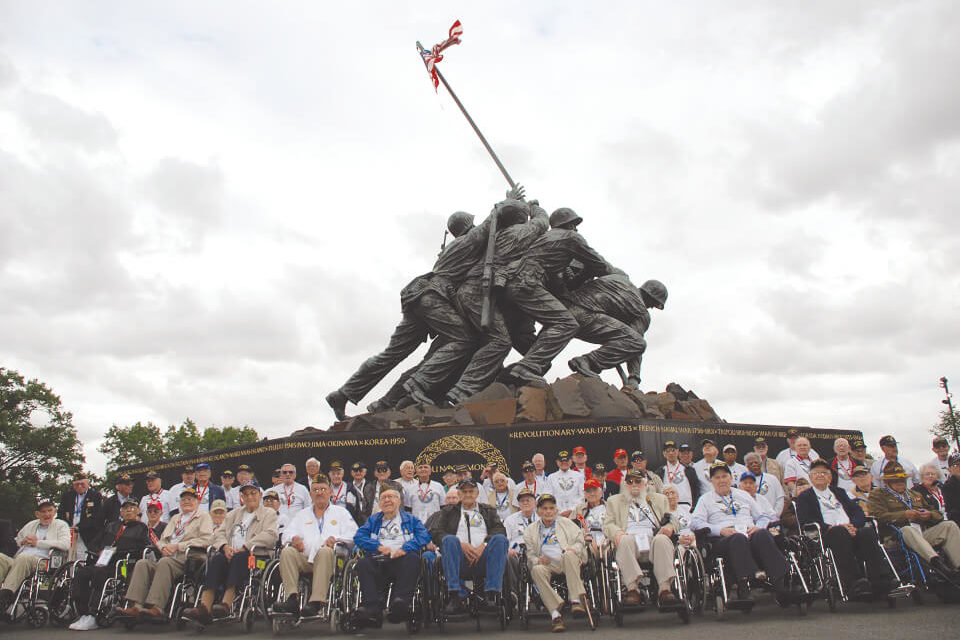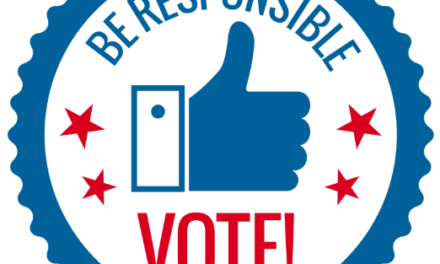By Steve Huerta
This weekend we will celebrate America’s veterans. That celebration and what it means to be a veteran has changed throughout time. It’s the celebration of a sacred promise that Abraham Lincoln said was our national duty “to care for him who shall have borne battle and for his widow and his orphan”.
Our social contract with our veterans has changed since the beginning of our nation. At first America offered little to its veterans and some might argue it still does. That aside, all that changed after the Civil War. Veterans groups in the north and south became powerful domestic lobbies. The first real political fight for Veterans rights and benefits had begun. After every conflict from the Great War, World War II, Korean, Vietnam, the Gulf Wars and the current War on Terror have Veterans groups formed powerful lobbies to advocate for the needs of their generation of soldiers.
Although we provide services and benefits to our Veterans we are also far from meeting our sacred promise. Integrating back into society isn’t easy for many veterans who have served either in times of peace or war or both. Frequent scathing reports from the VA’s Inspector general about flaws in the care and poor conditions at VA facilities still plague the Veterans Administration. With the VA increasing the privatization of its services we can only hold our breaths and pray that the idea of cheaper is better will equate to an increase and improvement in healthcare and other services.
Veterans have their own identity that has mutated from a personality trait to a comprehensive sense of self. Today’s post 911 all volunteer force even has its own marketing brand. In many ways veterans are a part of our society and also separated from it. Nonetheless, the broken veteran narrative, that is so often unintentionally fueled by the tone of veteran legislation, has contributed to the real difficulties today’s veterans face in transitioning into civilian life. There is an unexplored historical relationship between public perception, legislation, and veteran identity that suggests that reframing veteran legislation and strengthening civilian identity may be the Joint Action Plan today’s veterans need to thrive after their service. George Washington in his farewell orders to the new nation’s armies recommended that veterans funnel their energies as soon as possible into active pursuits and “prove themselves not less virtuous and useful as citizens, than they [were] preserving and victorious as soldiers”.
War has evolved and so has the needs of veterans. Veterans need a pathway home. Without the advocacy of Veterans groups healthcare, employment, housing, suicide prevention and other issues veterans face would go unattended.
Advocating for Veterans benefits may be the focus of veteran groups but it is the duty of citizens to inform themselves to always try to understand how, where and why our leaders might choose to use military force overseas, in our own hemisphere and perhaps even in our own homeland.
As we celebrate this Memorial weekend, we celebrate both lives lost and lives saved at home and in the battlefield. We celebrate those who have served and those who currently serve to preserve our democracy, our nation and our way of life.










